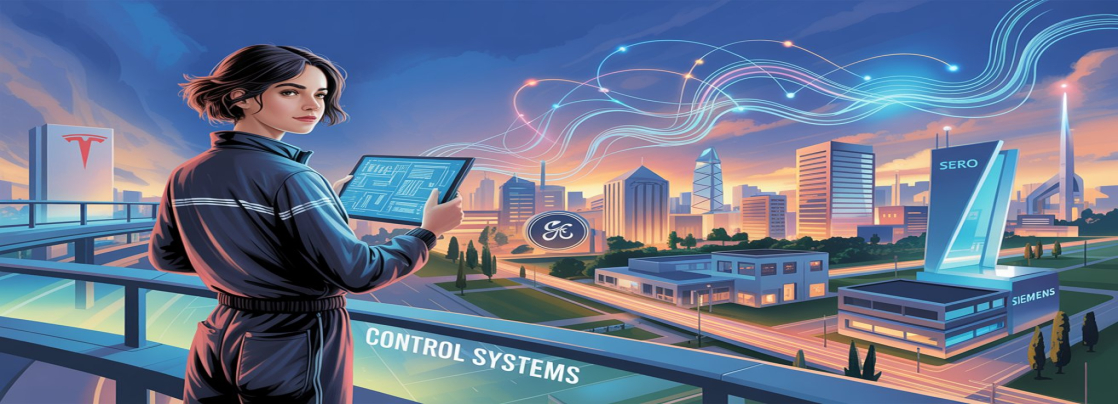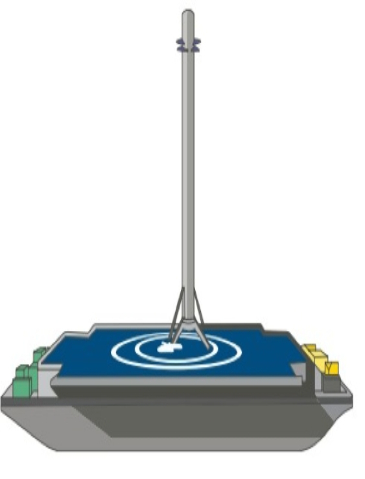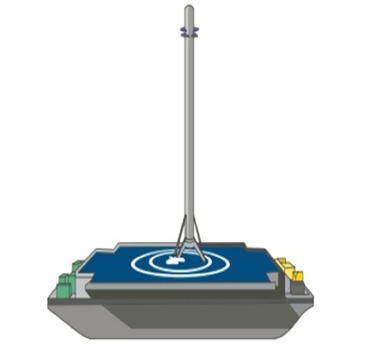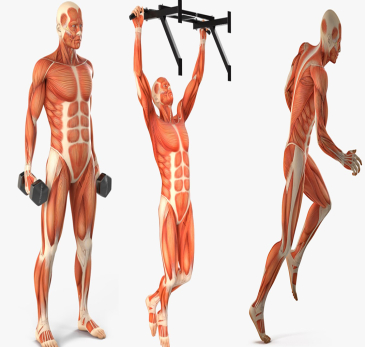
Control Systems Decoded: How Feedback, Stability and Smart Design Power Modern Engineering
Ever wondered
how a SpaceX Falcon 9 rocket lands
on a floating barge in the middle of the ocean?
Or how does
your car hold steady on cruise
control, even on hilly roads?
Or how does a drone stay perfectly balanced,
resisting wind and wobble?

Figure: Space X returns landing on a sea-based drone ship.
That’s not magic—it’s Control System Engineering at work.
It’s the invisible force powering precision, stability, and automation—from rockets re-entering Earth’s atmosphere to self-correcting robots and even the reflexes in your own body.
And here’s the real
eye-opener:
Once you understand how control systems work, you'll
start recognising them everywhere—in electric vehicles, fighter jets, biomedical
devices, smart homes, and even SpaceX launches.
Because in a world driven by feedback,
sensors, and automation—
Control
System Engineers build the brain that keeps the system
alive.
What is a Control System?
A control system is a set of components that regulate the behaviour of other devices or systems using feedback.
At its core, it answers a powerful
engineering question:
"How do we make a system behave the way we want—even under disturbance?"
From mechanical and electrical to biological and economic systems, control theory is the unifying brain behind automation, stability, and precision.
Open-Loop vs Closed-Loop Systems
Type | Description | Example |
Open-Loop | No feedback; output doesn’t influence input | Washing machine cycle timer |
Closed-Loop | Uses feedback to adjust behaviour | Room temperature thermostat |
Key Concepts You’ll Master in Control Systems
Modelling and System Dynamics
- Real-world systems: Mass-spring-damper, RLC circuits, DC motors
- Block diagrams and transfer functions
- MATLAB/Simulink-based modelling for rapid simulation and prototyping
Time Domain Analysis
• Key specs: Damping ratio, overshoot,
rise time, settling time
• Analyse and tune for transient and
steady-state performance
• Step, impulse, and disturbance response
analysis
Frequency Domain Analysis
• Bode plots: Gain crossover, phase
crossover, bandwidth
• Nyquist plots and stability margins
•
Resonance, filters, and frequency shaping
• Frequency-based controller tuning and
compensator design
Stability Analysis
• Absolute and relative stability
concepts
• Routh-Hurwitz criterion
• Gain margin, phase margin,
robustness analysis
Controller Design Toolbox
• PID tuning techniques: Ziegler-Nichols,
Cohen-Coon, manual tuning
• Compensator design: Lead, Lag, and Lead-Lag
Compensators
‣ Design using both root locus and
Bode/Nyquist methods
- Case Studies & Real-World Projects
• Bio-control system simulation: Human reflex arc modelling
Why Should Engineering Students Master Control Systems?
Because it’s the foundation for every intelligent
system.
Whether you're into IoT, EVs, drones, or
biomedical devices—you can't build without
control.
You’ll connect with core subjects like:
- Signals and Systems
- Electrical Machines
- Power Electronics
- Embedded Systems
- Artificial Intelligence
Who Should Take This Course?
- Engineering Students (EEE, ECE, Mech, Auto, Robotics)
- Polytechnic and Diploma Students
- GATE / PSU Aspirants
- Faculty Members Building a Control Lab
- Researchers in Embedded, Biomedical, or Aerospace Systems
What Careers Use Control System Skills?
- Control Engineer
- Embedded Systems Developer
- Process Automation Engineer
- Robotics Developer
- Aerospace Systems Designer
- Automotive Software Developer
- IoT Architect
- Biomedical Engineer
If you're dreaming of working in Tesla, ISRO, GE, or Siemens, or building your tech startup—control systems are your stepping stone.
Why This Course Stands Out
- 100% practical with MATLAB + Scilab + Simulink
- Focus on simulation + controller tuning
- Strong industry linkage: EVs, Smart Grids, Aerospace
- Aligned with university and GATE syllabus
Final Word: Don't Just Control Devices—Control the Future
Everything smart needs a
system that thinks, corrects, and
performs.
If you’re serious about designing machines that
don’t fail, systems that stay on course, and products that
self-adjust—
Control Systems is your superpower.
This blog is your
introduction.
Our course
is your lab.
The future is
yours to design.
Watch this video to learn more about Control Systems.







